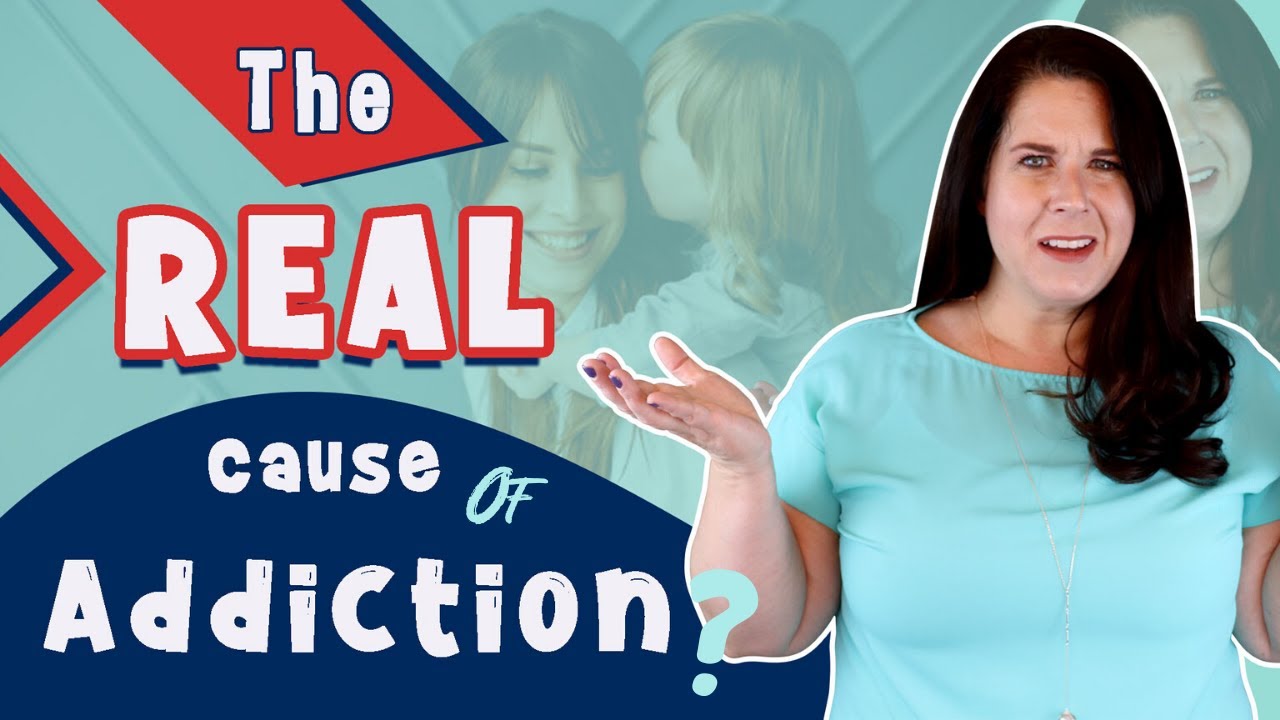The Link Between Trauma And Addiction
 The three links between trauma and addiction...
The three links between trauma and addiction...
I believe everyone knows there's a strong link between trauma and addiction, but did you know there are three strong links between trauma and addiction? What are they?
Link #1
Most people are aware of this first link between trauma and addiction. It's the idea that people with trauma are way more likely to develop addiction issues. It doesn't take a psychologist or a research scientist to figure out why.
When you have trauma, you dysregulate the alarm systems in your brain. Sometimes that dysregulation is permanent and shows itself in different kinds of anxiety and very uncomfortable symptoms.
It doesn't take a genius to figure out that if you're uncomfortable, you're going to look for a solution. Sometimes, people think they've found their answer in using drugs, alcohol, or other types of behavioral addictions. We know that these aren't great solutions. They tend to help short-term, but they tend to make the problem WAY worse long-term.
It disrupts your relationships. It starts to consume your life because it changes your brain chemistry. You'll have the rebound effects from the substances or the addiction, which makes you have further anxiety and depression, resulting in other uncomfortable symptoms.
There are better solutions out there for you. If this is your situation, I made a video recently about a new PTSD treatment to help with anxiety and depression. You can watch it HERE.
Link # 2
If you didn't have trauma to start, but then you develop an addiction, you're likely to get traumatized because of all the things that come along with addiction. Unfortunately, addiction will cause you to behave in ways you wouldn't normally. It compromises you, to be honest, and you are so much more vulnerable for bad things to happen.
Link # 3
The least talked about link on how trauma connects to addiction. People struggling with addiction are much more likely to cause trauma to the people around them.
That's an uncomfortable thing to hear and maybe even not a very PC thing to say these days, but let's be honest about it. If you've had trauma in your life, there's a high chance that the person who was triggering that trauma had an addiction. When you struggle with addiction, you don't relate to people the same way. You get into such a self-preservation mode that you make decisions differently. You see the world differently, and your mood is up and down. You're unpredictable. Sometimes you're not even in control of the things you're saying and doing. The uncomfortable truth is it's very traumatic to the people around you.
A little tough love...
I'm going to give you a little piece of tough love right here.
Just because you have trauma doesn't make it okay for you to make decisions that negatively impact or traumatize the people around you.
How living with someone who has an addiction is traumatic...
Family members or people living with someone with addiction sometimes develop a disorder that falls between post-traumatic stress disorder and obsessive-compulsive disorder.
They're living in fear constantly, walking on eggshells, worried something horrible is going to happen to you. Or that your behaviors will result in something terrible happening to someone else. They're worried it's going to cause the family to fall apart. Ultimately this creates something called complex trauma.
The stopping point...
We can't continue to accept bad behavior from ourselves or other people because we have empathy for them. It's okay to have empathy for someone and even try to understand why they developed an addiction. Please have some empathy for that, but a reason is not an excuse, and allowing substance abuse to continue for yourself or a loved one isn't helping with the trauma.
You're not doing yourself or your loved one any favors by having empathy, care, and concern that you're just excusing away this behavior by just excusing away the addiction. Ultimately, we're going to have to balance empathy with reality. It's more about the links between trauma and addiction and how we can intervene and get that cycle to stop.
Amber Hollingsworth
I realize that can be a little bit of a hard pill to swallow, but if you're ready to hear that information, I want you to watch these videos next.



